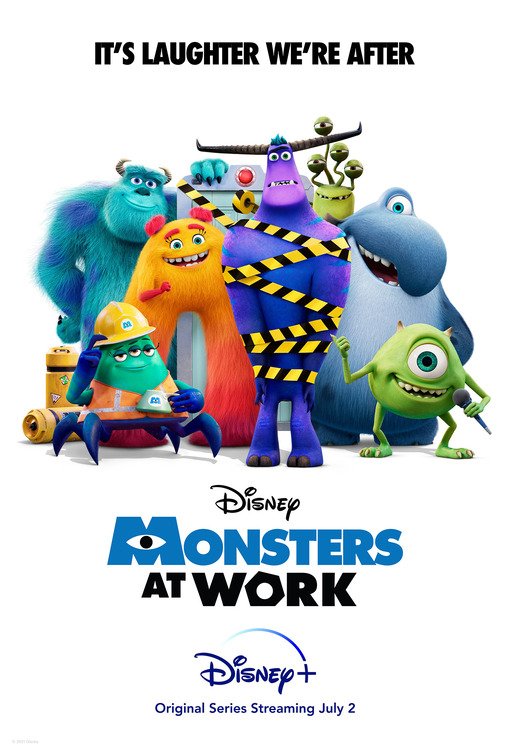
Just How Much Time Is Your Teen Spending Online?
By Movieguide® Contributor
Despite the concern over the use of social media by teens and children, over half of all teens admit to being online “almost constantly.”
A survey conducted by Pew Research looked at the social media habits of teens ages 13 to 17.
“YouTube tops the list of the online platforms we asked about in our survey. Nine-in-ten teens report using the site, slightly down from 95% in 2022,” Pew found. “TikTok, Instagram and Snapchat remain widely used among teens. Roughly six-in-ten teens say they use TikTok and Instagram, and 55% say the same for Snapchat.”
The group continued, “Facebook and X use have steeply declined over the past decade. Today, 32% of teens say they use Facebook. This is down from 71% in 2014-15, though the share of teens who use the site has remained stable in recent years. And 17% of teens say they use X (formerly Twitter) — about half the share who said this a decade ago (33%), and down from 23% in 2022.”
These rates aren’t surprising, especially since YouTube sets records across all media usage.
“YouTube’s dominance also helped boost streaming’s overall TV usage to an all-time high, accounting for 41.4% of all TV usage during the month,” Movieguide® reported in September. “Its percentage would have been markedly higher had the Olympics not caught the last three days of the month. The Games accounted for the top five and seven of the top 10 broadcasts in July, with peak viewership coming on July 28 when 19 million homes tuned into NBC.”
READ MORE: YOUTUBE TOPS TV USAGE FOR THE FIRST TIME
The survey found that girls are more likely to use TikTok than boys, while boys are more likely to use YouTube. Regardless of gender, though, the majority of teens participate in heavy social media use, and this is concerning.
“Some experts worry that teens are more anxious and have lower self-esteem because of social media and texting. There are key differences to socializing online. Teens miss out on things like body language and facial expressions. This can lead to misunderstandings and hurt feelings. It can also make talking in person feel more intimidating,” Child Mind Institute said.
Because of its detrimental effects, Surgeon General Dr. Vivek Murthy suggested adding warning labels to social media to help keep kids safe.
“One of the most important lessons I learned in medical school was that in an emergency, you don’t have the luxury to wait for perfect information. You assess the available facts, you use your best judgment, and you act quickly,” Murthy wrote in his essay. “The mental health crisis among young people is an emergency — and social media has emerged as an important contributor.”
READ MORE: IS SOCIAL MEDIA REALLY CAUSING THE YOUTH MENTAL HEALTH CRISIS?
Questions or comments? Please write to us here.


 - Content:
- Content: 

